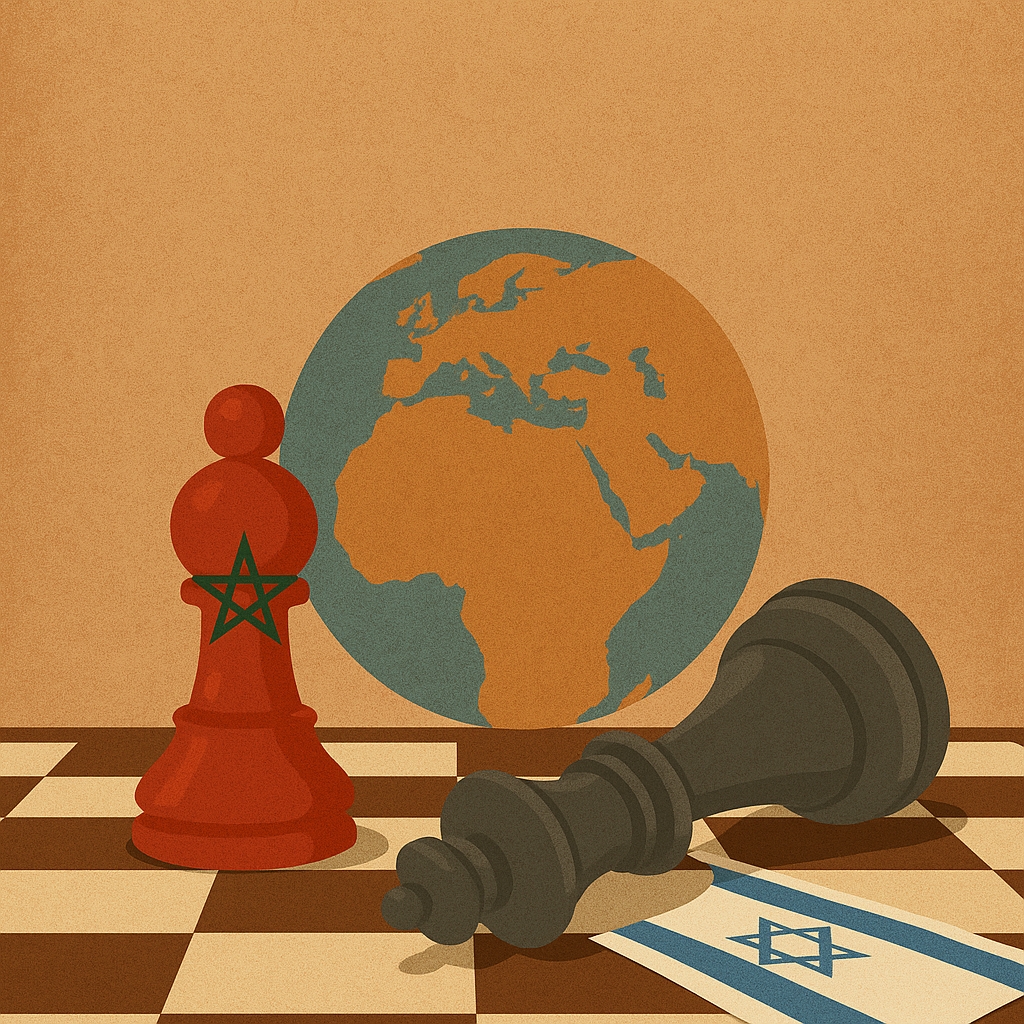



 Crescent International
Crescent International
In the lexicon of western officialdom, the choice between words like “regime” and “government,” or “unrest” and “revolution,” is never accidental.
These terms are carefully selected to reflect alignment—or lack thereof—with western geopolitical and economic interests.
When a state follows Washington or Brussels’ strategic line, it is described as a government pursuing stability; when it resists, it becomes a regime presiding over chaos or authoritarianism.
This double standard is evident in how western media and policymakers frame countries such as Saudi Arabia, Egypt, and Israel compared to Iran, Venezuela, and Syria.
The language of power, as George Orwell warned, is never neutral—it serves as an instrument for shaping perception and justifying intervention.
This is precisely why many in the Muslim world never saw round-the-clock bombastic coverage of the recent mass protests in Morocco on outlets such as Al Jazeera or the BBC.
This, however, does not mean that the protests in Morocco were insignificant.
On the contrary, considering the ongoing regional war on Palestine, they reveal a growing public discontent beneath the surface of one of the region’s most tightly controlled dictatorships.
Morocco’s ruling establishment has long served as a strategic partner of the United States and Israel, especially since the 2020 normalization charade with the apartheid state.
Israel considers the regime in Rabat as a crucial diplomatic foothold in the Arab world.
The eruption of mass demonstrations in such a closely monitored state underscores a deeper reality: Israel’s first line of defense in the region—the network of western backed dictatorships—is resting on increasingly fragile foundations.
While it was evident from the outset that the protest movement in Morocco was unlikely to topple the western-backed monarchy immediately, its significance lies elsewhere.
The growing wave of public frustration—rooted in social inequality, political repression, and anger over normalization with Israel—reflects a deeper undercurrent of anti-zionist and pro-resistance sentiment among ordinary Moroccans.
Together, these forces are shaping a volatile political ecosystem that may not remain contained indefinitely.
Whether the breaking point comes through a gradual build-up of smaller, localized protests or through a sudden mass eruption—like Egypt’s 2011 uprising—the trajectory points toward increasing instability in Morocco and the wider region’s tightly managed political order.
It is no small matter that on the second anniversary of Operation Al-Aqsa Flood, thousands of Moroccans took to the streets carrying images of Yahya Sinwar and Ismail Haniyeh.
This was far more than a routine display of solidarity with Palestine; it was a bold act of political defiance.
The demonstrations reflected a widespread rejection of western-imposed secular dictatorships across the region and a categorical refusal to normalize the zionist occupation of Palestine.
The gravity of this defiance becomes even more clear when one considers the risks involved.
In Morocco, public expressions of support for armed resistance movements can lead to years of imprisonment, torture, and persecution, not only for protesters but often for their families as well.
That thousands were still willing to take to the streets despite these dangers speaks volumes about the depth of public conviction and the fragility of the regime’s control.
What is unfolding in Morocco today serves as a prelude to political tremors likely to shape West Asia and North Africa in the coming years.
Few events illustrate this disconnect more starkly than the so-called “peace” summit convened in Sharm al-Sheikh by western regimes and their regional surrogates.
The gathering—framed as an exercise in stability and cooperation—revealed instead a profound detachment from the realities on the ground, where public anger against normalization with Israel and western interference is intensifying.
The spectacle in Sharm al-Sheikh underscores a deeper truth.
Western imperialism and its network of dependent regimes are losing the ability to manage the region through the old formulas of control, coercion, and propaganda.
The façade of diplomacy cannot conceal a geopolitical order in decay, one increasingly out of touch with the aspirations of the people it seeks to dominate.
